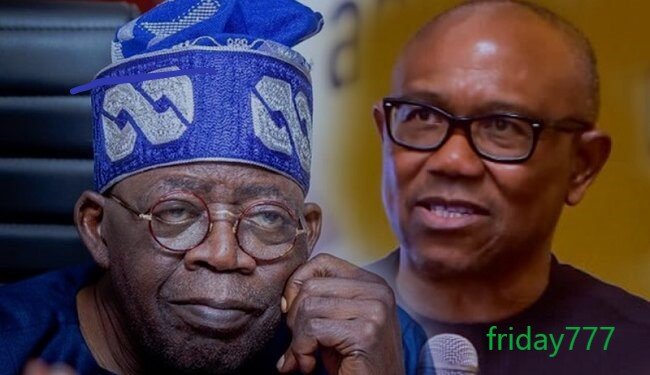before i proceed let me enlighten you guys about nigeria in term of election and democracy
Nigeria has a complex history when it comes to elections. The country gained independence from British colonial rule in 1960 and held its first democratic election in 1964. However, the election was marred by irregularities, including allegations of voter fraud and intimidation.
In 1966, a military coup overthrew the government, and Nigeria was ruled by military regimes for most of the next three decades. During this time, elections were either canceled or heavily rigged to ensure the military's continued grip on power.
In 1999, Nigeria returned to civilian rule, and since then, the country has held several elections, both at the national and state levels. However, these elections have often been marred by irregularities, including voter intimidation, ballot stuffing, and rigging.
In recent years, Nigeria has taken steps to improve its electoral process, including the use of electronic voting machines and biometric voter registration. However, concerns remain about the independence of the electoral commission and the prevalence of violence and intimidation during elections.
Overall, Nigeria's history of elections has been marked by both progress and setbacks. While there have been some successes in recent years, there is still work to be done to ensure that elections are free, fair, and transparent and that all citizens can participate in the democratic process without fear of violence or intimidation.
corruptions in nigeria politics
Corruption has been a significant problem in Nigerian politics for many years, and it remains a major issue to this day. Corruption in Nigeria has been described as a "pervasive phenomenon," affecting all aspects of society, including politics, business, and everyday life.
In the political sphere, corruption takes many forms, including vote-buying, embezzlement, and the diversion of public funds for personal gain. Politicians and government officials are often accused of using their positions to enrich themselves and their families, rather than serving the public interest.
Corruption in Nigerian politics has had a devastating impact on the country's development and has contributed to social inequality, poverty, and insecurity. It has also undermined public trust in government institutions and eroded the legitimacy of the political system.
Efforts to tackle corruption in Nigeria have been ongoing for many years, and progress has been made in some areas. For example, the country has established anti-corruption agencies, such as the Economic and Financial Crimes Commission (EFCC), and has implemented reforms aimed at promoting transparency and accountability in government.
However, corruption remains a significant challenge, and there is still much work to be done to combat it effectively. This includes strengthening institutions, improving transparency and accountability, and promoting a culture of integrity and ethical leadership in Nigerian politics.
**
will corruption occur in the coming nigeria election?**
corruption has been a longstanding issue in Nigerian politics, and it is possible that it could continue to be a problem during the election. It is important for the Independent National Electoral Commission (INEC), which is responsible for conducting the election, to take steps to ensure that the process is free, fair, and transparent and that all eligible voters can cast their ballots without fear of intimidation or violence.
It is also important for citizens to be vigilant and to report any instances of corruption or other irregularities during the election. By working together to promote transparency and accountability, Nigerians can help to ensure that the democratic process is upheld and that the election results are credible and accepted by all.
will the coming election in nigeria be peaceful?
history has shown that elections in Nigeria can be marred by violence, intimidation, and other forms of unrest. It is important for all stakeholders, including the government, political parties, civil society groups, and citizens, to work together to promote peace and ensure that the election is conducted in a peaceful and orderly manner.

Efforts to prevent election-related violence could include steps such as increasing security measures, providing adequate training for election officials and security personnel, and engaging in dialogue with political parties and other stakeholders to address any concerns or grievances they may have.
It is also important for citizens to exercise their right to vote peacefully and to avoid engaging in any actions that could incite violence or contribute to unrest. By working together to promote peaceful and democratic elections, Nigerians can help to ensure that the democratic process is upheld and that the results are credible and accepted by all.
you all should vote for the right person and i am sure you guys are aware of the right person
thanks for reading ❤️❤️❤️